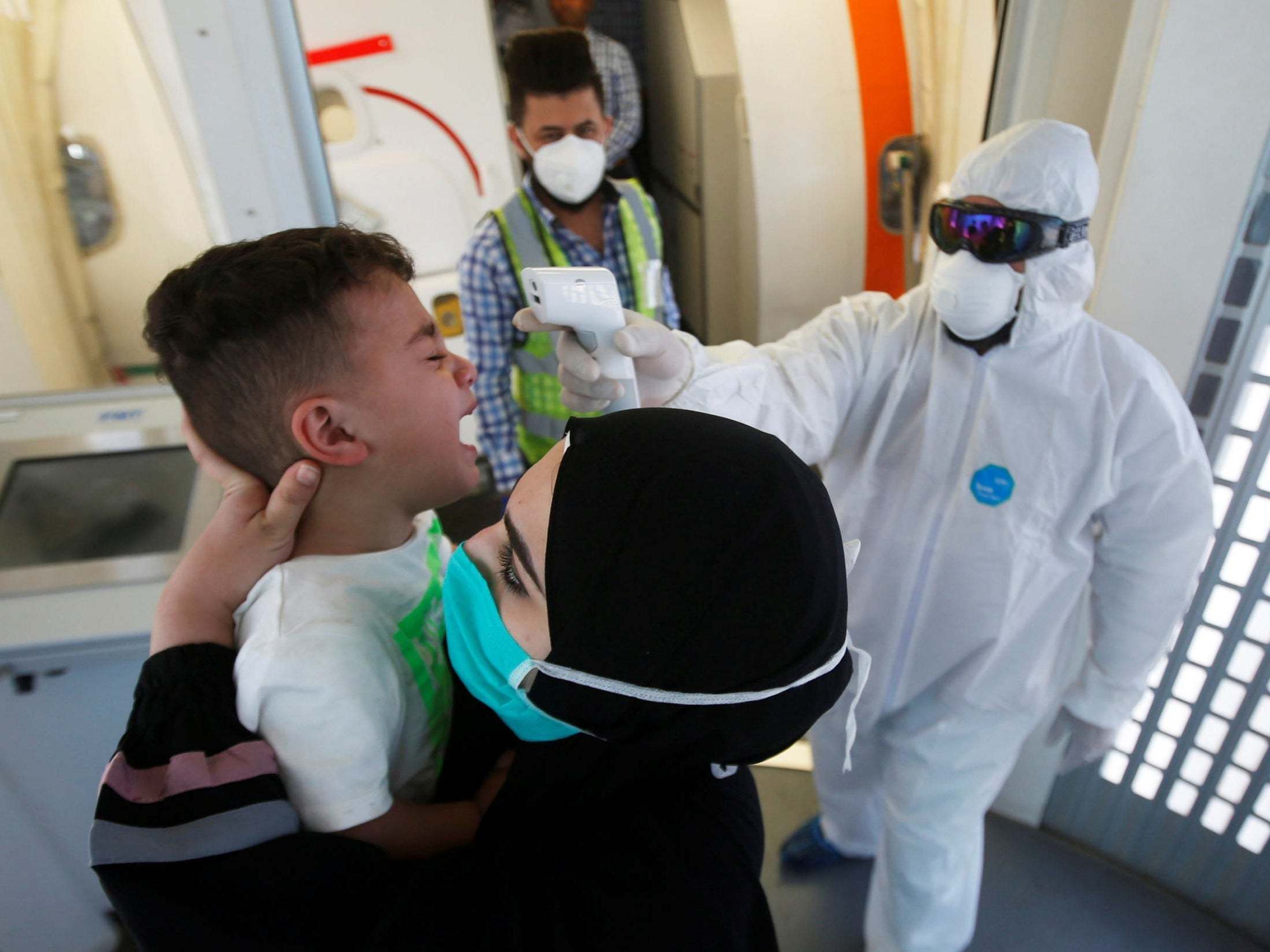‘They wait until the last second’: Iraqi doctor warns country’s dismal hospitals may be keeping coronavirus patients away
‘They are afraid to be put in quarantine – staying in an Iraqi hospital for 14 days is dangerous’, health specialist tells Borzou Daragahi


Iraq’s hospitals are so dilapidated that public health specialists are worried those suspected of carrying the coronavirus are avoiding them, making it extremely difficult for authorities to stop an outbreak and prevent mass casualties.
One doctor in Baghdad, who specialises in community health, said several of the 11 Iraqis who have died so far of coronavirus succumbed on the day they were admitted, suggesting they avoided care until they were deathly ill.
“They are afraid to go to the hospital because they are afraid to be put in quarantine,” said the specialist, asking to remain unnamed. “Staying in an Iraqi hospital for 14 days is dangerous, so they wait until the last second.”
Iraqis hunkered down in their homes and braced for a possible surge of coronavirus cases ahead of two major holidays involving outdoor gatherings that authorities are seeking to suppress. Late on Tuesday authorities announced a draconian week-long nationwide curfew confining all people to their homes except for quick trips to neighbourhood pharmacies and grocery stores.
Though it neighbours Iran, one of three global epicentres of the Covid-19 pandemic, war-ravaged Iraq has only recorded about 11 deaths attributed to the virus and about 147 confirmed cases, but many suspect the numbers are higher.
Iraq’s new prime minister-designate, Adnan al-Zurfi, last week cited coronavirus as one of four “critical challenges” faced by the nation, along with the continued presence of Isis, a months-long anti-government protest movement, and a collapse in oil prices that has dried up resources.
Iraq’s health sector has long been riddled with corruption and deep problems. Iraqis are loath to visit public hospitals because they are considered unsanitary and they often can’t afford slightly better private hospitals. Public health professionals worry about of a spread in cases as Iraqis head outdoors 20 March to celebrate Nowruz, a Kurdish and Persian-rooted holiday marking the first day of spring, and gather in large religious processions on Saturday to commemorate the martyrdom of Imam Redha, the eighth of the 12 Shia Islam saints.
During Nowruz, families and friends gather in parks and grassy fields to hold hands and engage in folkloric dances. During commemorations for Imam Redha, worshippers crowd the north Baghdad mausoleum of the Ninth Century descendant of the Prophet Mohammed. Health specialists say both scenarios are ideal for the transmission of the contagious virus, which appears to kill about 2 percent of those who contract it.
Nobody is ready. Even the Americans and the Europeans are not ready; for sure, the Iraqis are not ready.
Iraqis are terrified their dilapidated public health system, damaged by decades of war and neglect, will be unable to cope with a large outbreak.
“Our infrastructure is already creaking and struggling,” said Sajad Jiyad, a political analyst based in Baghdad. “We’re certainly not prepared for something like coronavirus.”
The country’s fragmented political leadership, struggling to form a government, has enlisted the clergy to help urge people to stay home, and deployed security forces throughout neighbourhoods to enforce a ban on all but essential vehicular traffic and movement beyond neighbourhoods. The Shia religious endowment, which oversees religious sites, has shuttered the Imam Redha shrine as well as other important shrines in Najaf and Karbala to visitors.
Mr Jiyad said early moves to restrict international flights and close the border with Iran, and so reduce the constant flow of pilgrims from that country to shrines in Iraq, have so far staved off a flood of illnesses.
In addition, some 65 per cent of Iraqis are under 30 years old, giving the country some measure of protection from an illness that appears to strike most ferociously at the elderly. Local governments closed schools and municipal offices and restricted travel between provinces.
The public health specialist warned that Iraq lacked basic supplies, and that both sanitising agents and surgical masks available on the market were prohibitively expensive for most Iraqis.
“Nobody is ready,” he said, speaking by phone from Baghdad. “Even the Americans and the Europeans are not ready; for sure, the Iraqis are not ready.”
Join our commenting forum
Join thought-provoking conversations, follow other Independent readers and see their replies
Comments